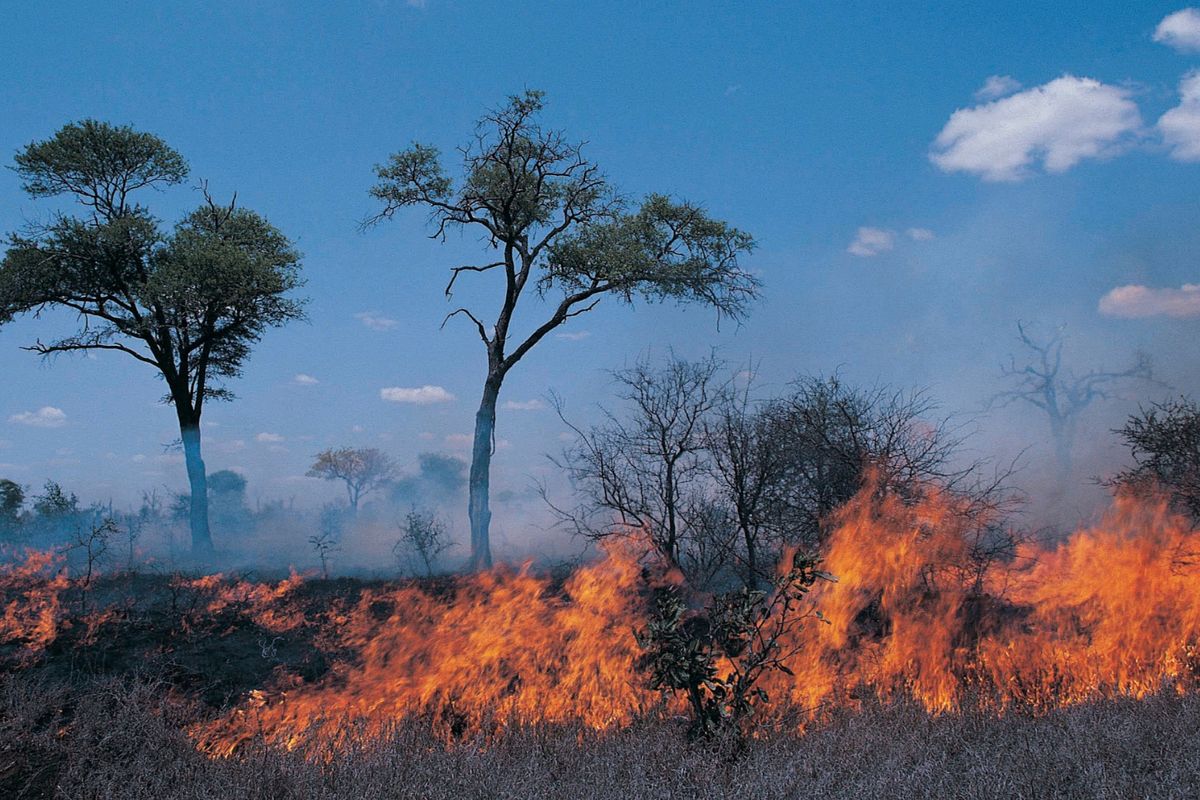This Year's Extreme Weather Consistent with Worsening Climate Change

Climate change links have also been found in the simultaneous summer heat waves that hit Europe, Japan and North America in 2018.
Studies found that the chances of these events happening together would have been near zero without the industrial-era rise in planet-warming carbon emissions.
Read also: Multinational Companies Emit Nearly a Fifth of Global Carbon Emissions
"When it comes to heatwaves, we see that climate change is an absolute game-changer," said Friederike Otto, a climate scientist at the University of Oxford who has helped to pioneer the field of attribution science.
As a heatwave hit the US West Coast last month, Earth saw a new record high temperature of 54.4 Celsius (130 Fahrenheit) in Death Valley, which sits below sea level in California's Mojave Desert.
Weeks later, the region was still broiling, with the mercury soaring Sunday to a new record of 49C for nearby Los Angeles County.
"It's not so much that climate change is destabilizing historical weather patterns," said Daniel Swain, a climate scientist at the University of California. "In many cases, it's amplifying them."
Hotter temperatures in turn sap the air of humidity and dry out forest and brush on land, creating perfect conditions for wildfires.
Read also: WWF: Australian Bushfires Affected 3 Billion Animals
In California, "the fires that we're seeing are larger, and faster-moving, and more intense than those you could have expected historically," Swain said.
But attribution science has not explained everything. For example, researchers do not yet fully understand Europe's heatwaves.
"In Western Europe, the increase in heat waves is much stronger than the models predict, and we have no clue why," said Geert Jan van Oldenborgh, an attribution science expert at the Royal Netherlands Meteorological Institute.
Wind, rain, and floods
As average global temperatures have risen by about 1C since pre-industrial times, changes in the atmosphere and oceans are also leading to more intense storms.
Hurricanes overall are getting stronger and spinning slower, as they pick up energy from the heat in the oceans.



































